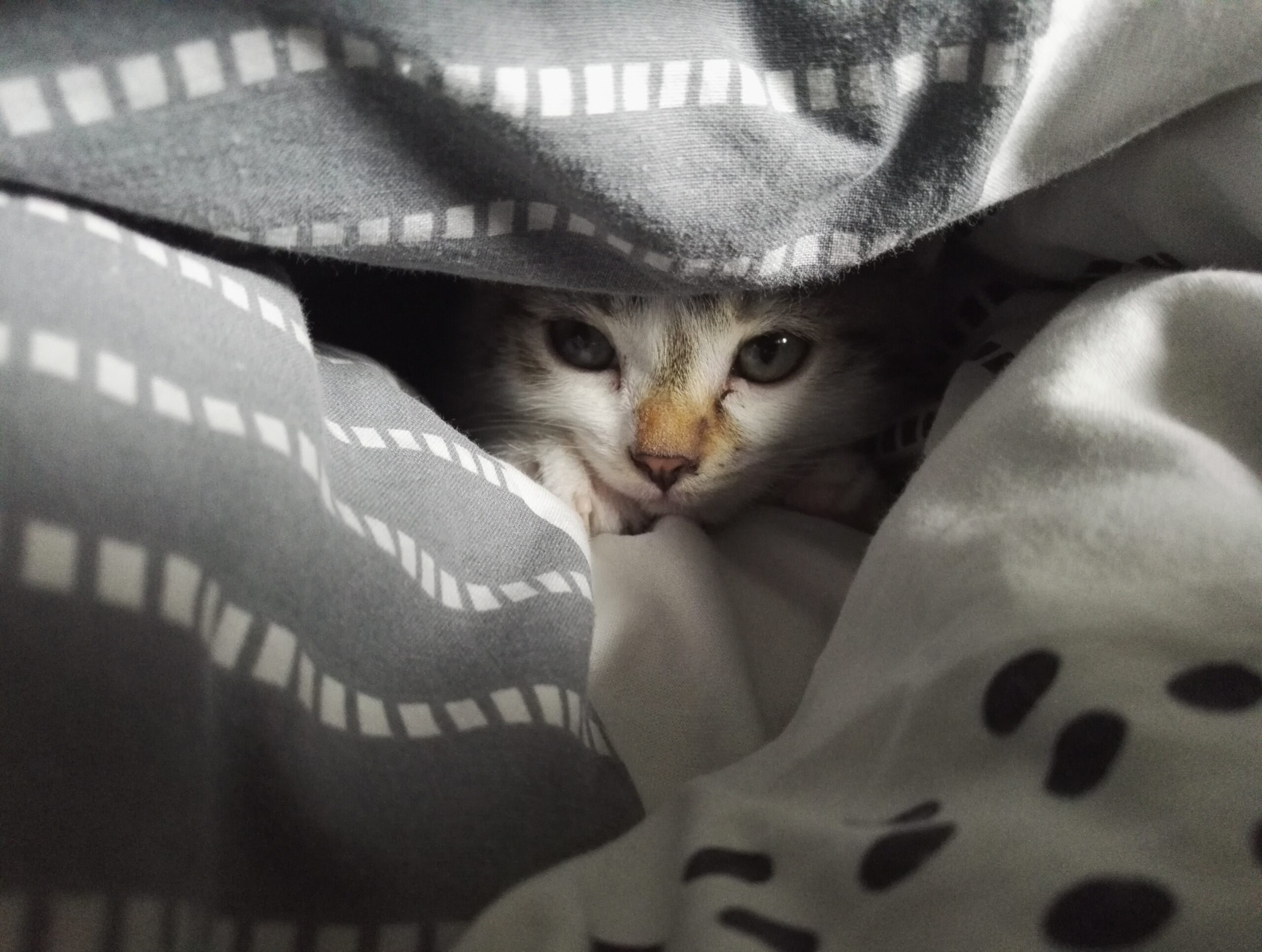
CBD for Abused Pets: Gentle Support on the Journey from Fear to Trust
A tremble at every noise, a flinch when a hand approaches, eyes that seem older than their years—pets who have survived neglect or abuse often carry invisible scars long after their bodies heal. Rebuilding their sense of safety calls for patience, positive training, and veterinary guidance. Many caregivers now ask whether plant-based tools can help, and CBD for abused pets has emerged as a promising—but still carefully nuanced—option. In this guide we’ll look at what trauma does to an animal’s nervous system, how cannabinoids may gently support recovery, and the practical steps to use CBD safely and effectively as part of a broader, trauma-informed plan.
Trauma in Pets: What Really Changes?
Just like people, dogs and cats develop conditioned responses when they endure chronic fear or pain:
- Hypervigilance—constant scanning, startle responses, and difficulty resting
- Avoidance behaviors—hiding, freezing, or defensive aggression
- Physiological dysregulation—elevated heart rate, disrupted digestion, sleep problems
- Learned helplessness—lack of play, muted curiosity, low responsiveness
Repeated stress keeps cortisol and adrenaline high, which can weaken immunity, slow wound healing, and make positive training harder. The goal of any recovery plan, then, is to gently shift the body from “fight-or-flight” to “rest-and-restore.”
The Endocannabinoid System’s Role in Healing
Every mammal has an endocannabinoid system (ECS)—a network of receptors (CB1, CB2 and others) that help regulate mood, discomfort perception, appetite, and sleep. Chronic stress can deplete the body’s own endocannabinoids, leaving the system imbalanced. Introducing small amounts of plant-derived cannabinoids like CBD may:
- Promote calm by modulating overactive neural circuits
- Support normal inflammatory response after physical injuries
- Encourage stable sleep-wake cycles, vital for mental resilience
Importantly, CBD is non-intoxicating; it does not create a “high,” nor does it erase memories. Instead it may give anxious pets enough physiological breathing room to relearn that the world can be safe.
How CBD May Support Abused Pets—Without Medical Claims
Research on CBD for abused pets is still emerging, so we steer clear of definitive promises. What caregivers and integrative veterinarians do observe, however, includes:
- Smoother adjustment periods in new foster homes
- Less frantic pacing or barking during crate training
- More willingness to engage in reward-based sessions
- Improved rest—fewer night-time startles or pacing
These outcomes are not cures; they are potential quality-of-life improvements that complement (never replace) behavior modification and professional medical care.
Safety First: Choosing a Trauma-Safe CBD Product
Traumatized pets are extra sensitive—physically and emotionally—so quality matters doubly:
| What to look for | Why it matters |
| Third-party lab reports for every batch | Confirms accurate CBD levels and zero contaminants that could aggravate fragile health |
| THC-free or <0.01 % THC | Prevents any psychoactive effects that could frighten an anxious pet |
| Single-source hemp grown in the USA | Ensures traceability and consistent quality |
| Plant-based, pet-safe carriers (fractionated coconut oil, pumpkin seed oil) | Avoids allergens common in flavored human tinctures |
| Clear dosage guidelines by weight | Supports “start low, go slow” introductions |
All Happy Pet Medicinals formulas meet these standards, so caregivers can focus on gentle implementation rather than label sleuthing.
Integrating CBD Into a Trauma-Informed Care Plan
- Consult your veterinarian first. Share complete medical history, current meds, and behavioral goals.
- Start low. A common entry point is 0.25 mg CBD per kilogram of body weight once daily for a week.
- Pair with positive experiences. Offer CBD-infused oil on a soft treat just before a calm bonding session or spa-like brushing routine.
- Observe and record. Note changes in startle threshold, appetite, and sleep. Tiny improvements—fewer flinches, longer naps—signal progress.
- Adjust slowly. If tolerated, increase to twice-daily dosing after one week, always within vet-approved limits (usually max 1 mg/kg).
- Combine with enrichment. Snuffle mats, food puzzles, and scent work engage the seeking system, building confidence alongside physiological calm.
- Maintain consistency. Irregular dosing makes it hard to link results to CBD and can confuse the ECS.
Monitoring Progress: Signs CBD May Be Helping
- Body language softens: Ears less pinned, tail more neutral
- Improved appetite and digestion after initial stress-related GI upset
- Longer REM sleep—gentle twitching, dreaming rather than fragmented dozing
- Reduced self-soothing behaviors (excessive licking, pacing, vocalizing)
- More social engagement: Accepting treats from new hands, brief play bows, or grooming
If sedation, diarrhea, or extreme lethargy appear, pause CBD and consult your vet.
When CBD Alone Isn’t Enough
Trauma recovery is multi-layered. Always combine CBD with:
- Professional behavior therapy (fear-free, positive reinforcement methods)
- Predictable routines—mealtimes, potty breaks, rest windows
- Safe spaces (covered crates, cat tunnels) where pets control exposure
- Nutritional support for gut-brain balance (essential fatty acids, prebiotics)
- Regular vet check-ups to catch hidden pain that can mimic anxiety
If aggression escalates or self-harm behaviors (tail biting, over-grooming) intensify, seek a veterinary behaviorist immediately.
Compassion Fueled by Knowledge
Healing an abused pet isn’t measured in perfect obedience or lightning-fast milestones—it’s counted in moments of brave eye contact, a tail wag during play, a slow blink of trust. CBD for abused pets offers one gentle lever among many to tip the scales toward calm and connection. By choosing third-party-tested, THC-free products, dosing with care, and partnering with qualified professionals, you create conditions where true recovery can unfold—one wag, purr, or sigh of relief at a time.
Ready to Support Healing With Kindness?
Explore Happy Pet Medicinals’ products, crafted in the USA for dogs and cats on every stage of their recovery journey.



